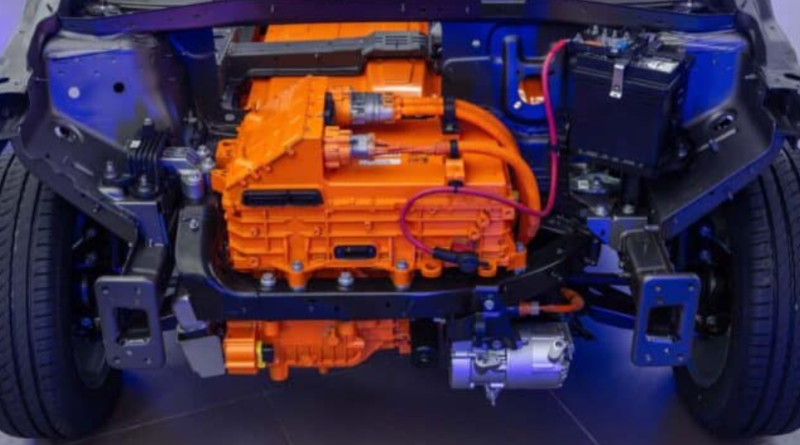The first alcohol engine in history, unveiled: Brazil wants to beat hydrogen with futuristic prototype
In a global community where the automotive industry is at a fast pace to produce sustainable fuel for vehicles, Brazil has taken a bold move by manufacturing its first-ever alcohol-powered engine. This is new and unique considering that many companies are either going hydrogen, water-powered fuel, and/or electrical. Brazil has taken a different route this time around with an ethanol-powered engine.
This bold move could also reshape the futuristic prototype and place Brazil at a stage of biofuel innovation. Brazil’s national policy now includes the ethanol engine, which promises to compete with hydrogen-powered cars by providing a cutting-edge yet deeply ingrained biofuel alternative. In this instance, the strength of its big ethanol industry allows cars to run entirely on biofuel derived from corn or sugarcane.
An Alcohol Engine is the world’s first thanks to Brazil’s tradition of Biofuel innovation
Brazil has always been an expert in biofuel, especially ethanol, which is manufactured from sugarcane. For years now the country has managed to utilise this resource and this has helped to reduce its dependency on fossil fuels. Now that Brazil has announced an alcohol-based fuel, it has got many curious and gradually breaking the boundaries of what is anticipated to be a resource when it comes to fuel production.
Who knows? Perhaps this ethanol engine could push Brazil to the top of its game when it comes to renewable resources. While hydrogen is being labelled as the fuel of the future, Brazil’s latest prototype seeks to show that biofuels may offer a viable, sustainable substitute. The development of this engine is not just a technological accomplishment, rather, it is evident that research and investment were taken to produce this type of engine.
How will the alcohol engine compete with hydrogen in the future within the transport market?
Hydrogen is of course on the rise and has gained significant attention due to its ability to replace traditional fuels and its ability to replace fossil fuels. However, there seems to be competition now. The alcohol-powered engine does feature some attributes that could potentially be a threat to hydrogen. Ethanol is simpler to produce and transport compared to hydrogen, making it a readily available fuel choice for countries with limited infrastructure.
It can also be regarded as a flex-fuel because it can function as ethanol or gasoline, which is an advantage for options when it comes to choice of fuel. It is because of these advantages that Brazil’s alcohol-powered engine could compete with hydrogen-powered vehicles. Despite its efficiency, hydrogen fuel cells frequently need a completely new infrastructure to be refuelled.
Additionally, ethanol produces less carbon footprint compared to hydrogen when resources such as sugarcane are utilised. Brazil is in a good position to benefit greatly from this new engine technology since it can generate ethanol from its enormous sugarcane crops. Geraldo Alckmin, the vice president of Brazil, told Reuters last year that hybrid-flex cars were a huge help to the country’s decarbonisation efforts (Reuters, 2024).
Global Automotive Standards May Change Due to Brazil’s Ethanol Flex-Fuel Technology
Another thing regarding Brazil’s ethanol-powered prototype is that it is not a local solution. It has the capacity to reach a global level, and in 2024, General Motors (GM) intends to introduce its first hybrid flexible-shaft vehicles that can run on ethanol in Brazil. The collaboration between GM, engineers and automakers marks a significant influence in the renewable energy sector and changes the whole narrative about sustainable fuels.
Brazil’s ethanol industry may even persuade other nations to include biofuel initiatives in their plans for green energy. Ethanol, being a more adaptable and cleaner fuel, can assist countries in decreasing their dependency on fossil fuels while enhancing their current infrastructure. Ethanol has the potential to challenge hydrogen’s hegemony in the car industry and emerge as a competitive alternative in the struggle for sustainable energy.
Brazil’s ethanol engine offers a convincing substitute, one that is based on the nation’s long history of biofuel research, even though hydrogen is still a formidable challenger. Ethanol-powered cars have the potential to lower carbon emissions and compete with hydrogen on the international scene, and they can make use of the current infrastructure.
Source: eldiario24.com




